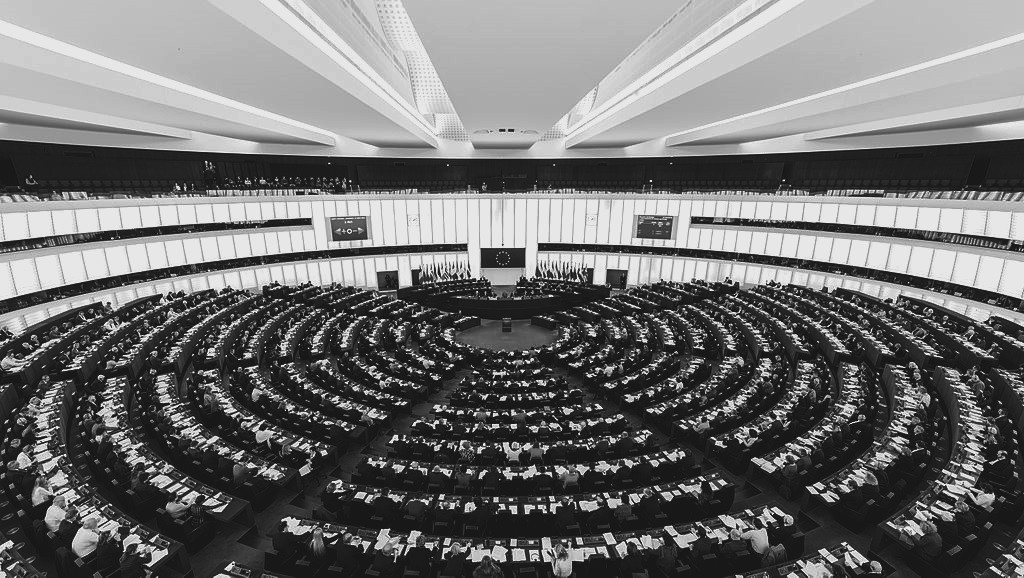The carrousel of personal rotations which occurred in the last few days lifted the Slovakian Minister of Education to the chair of a Parliamentary Speaker. Attention of the media and the public focused almost completely on the parliament, as everyone cipher out what it will mean for its future performance and everyday work. Much less vivid is the discussion of the consequences of this replacement – as it is already the the 17th change at the office of Minister of Education since 1989.
Carrousel of changes at the Ministry of Education is not an anomaly but rather an illustration of the instability and unpredictability, which in public sector seems to be adopted as systemic solution. See for yourself : Ministry of Finance has had since 1989 eleven ministers, Ministry of Labour twelve and the absolute winner is the Ministry of Economy with 20 ministers, and some of them returned to the previously held office numerous times.
This carrousel needs to be stopped. We can easily calculate that the expected average period of service for a coming minister is from 2 years and 3 months – in case of the Minister of Finance – to a year and three months in case of the Minister of Economy. In comparison, for instance the Association of Slovak Entrepreneurs has had during its 25 years of existence five presidents, so each of them saw during his office on average four different Ministers of Economy.
We are witnessing the same amount of discontinuity in case of political parties. Since 1990, when there were the first free elections in Slovakia, there have been 8 parliamentary elections. The average length of one election period is not 4 years but only 3 years. During this period we could have observed in parliament 65 different political parties. Only one parliamentary party present in 1990 (Christian Democratic Movement) still holds a place in Slovakian Parliament, and just one is out but still exists (Slovak National Party).
So even if politicians have the best intentions, they do not manage to act on them them during their often short term and their successors do not follow their ideas so they contribute to the instability and unpredictability of policies in the area of business environment. Entrepreneurs and business organizations constitute a strong anchor of Slovak society. Unfortunately, we can not say the same thing about political system and executive power.
Translation: Viliam Virba



